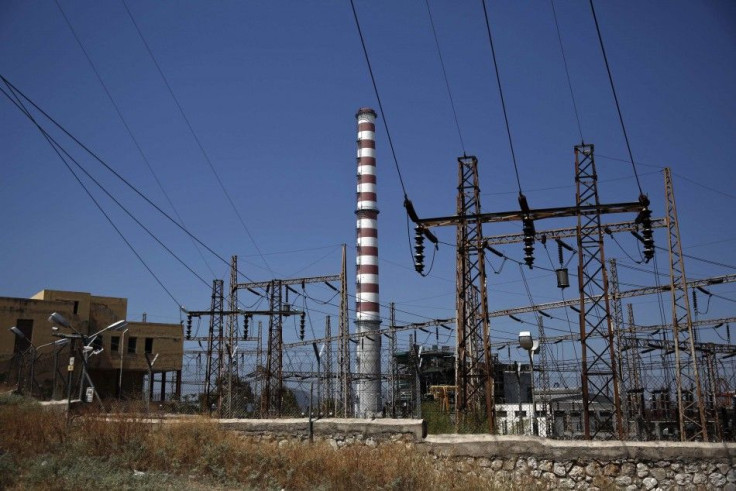New Zealand Election Result Decisive For Electricity Sector

Any party that wins the upcoming election in New Zealand awaits a serious responsibility in addressing the rising concerns on soaring electricity prices.
The impact of rising power bills has provoked a debate on ending the mystery in the methods of pricing. There has been a 12.1 per cent increase in the power prices in three years, reported NZ Herald.
The statistics available with New Zealand's consumers price index shows that this power price hike outstrips the cumulative rise in the average wage (7.7 per cent) and general inflation (3.3 per cent) over the same three-year period.
But ruling and opposition politicos differ on how to rein in the prices -- competition or regulation. The national government of John Key brought reforms to the power sector to make the supply side more competitive since 2010. This had some profound effect.
Labour For Price Reduction
Labour and the Greens allege a structural rip-off in the wholesale power-pricing methods. They wanted a plan to scrap the wholesale electricity market set up in the 1990s. Both parties wanted a single buyer like New Zealand Power to be the media between generators and electricity retailers.
They wanted an entity like NZ Power to be empowered to decide which power stations would run when and how much they would be paid for their electricity. The pricing must be based on fuel costs with a fair return on the cost of generating assets.
Any new generating capacity must be commissioned through a competitive tender process. In short, they are asking a central planning with the capital risk forced on the private investors saving the taxpayers.
The power companies claim that most of the recent rises in power bills do not reflect the cost of energy but are charges for getting the power to the national grid. Billions of dollars are spent on upgrading it, alongside the local line networks.
These are monopolies whose charges are regulated by the Commerce Commission and not affected by any changes in the wholesale electricity market.
PwC Report
Meanwhile, a PwC report, Utility of the future - a New Zealand Context, has expressed the aspirations of electricity consumers in New Zealand who want more control over their supply, service standards and costs.





















